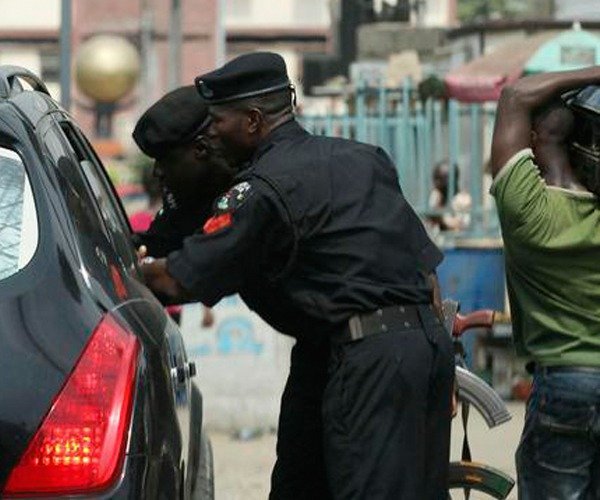The House of Representatives, yesterday, implored security chiefs to reduce the number of checkpoints in the South East geo-political zone.
The House also mandated its Committees on Defence, Army, and Police Affairs to interface with the Service Chiefs and the Inspector General of Police to explore alternative security measures that will subject the people of the zone to undue hardship or violate their rights.
Also, the Green chamber mandated itd Committee on Road Safety to interface with the Federal Road Safety Commission ( FRSC) to streamline its checkpoints with the on the Onitsha- Enugu Expressway.
Furthermore, the parliament mandated its Committee on National Security and Intelligence to engage with relevant agencies to promote community-based security initiatives and improved intelligence gathering, so as to effectively address security concerns in the South East.
Similarly, the House mandated its Committees on Defence, Police Affairs, and National Security to ensure that security operatives act within the law and not use their positions to harass or exploit citizens.
This followed the adoption of a motion by Amobi Ogah, at yesterday’s plenary, on the many security checkpoints in the South East geo-political zone.
Ogah, in his motion, noted that there are about 28 security checkpoints between Onitsha and Enugu, a distance of approximately 105 kilometers. According to him, travelers are subjected to constant harassment, delays, and extortions at these checkpoints.
“The current approach to security, which involves increasing excessive checkpoints, is detrimental to the region’s economic stability and it is counterproductive.
“There is a need to advocate for modern, efficient security methods that do not cause hardship or violate constitutional rights of Nigerians,” the lawmaker stated.
Ogah added that “the mounting of numerous checkpoints along the expressway violates Nigerian citizens’ constitutional rights to free movement as enshrined in Section 41 of the Constitution of the Federal Republic
of Nigeria, 1999 (as amended) and directly affronts the dignity of the people, especially in the South-East.”
“These Security checkpoints are perceived as tools for harassment, with citizens often forced to pay
bribes, negatively impacting socio-economic life by increasing transportation costs, causing delays, and discouraging economic activities,” he stressed.



























